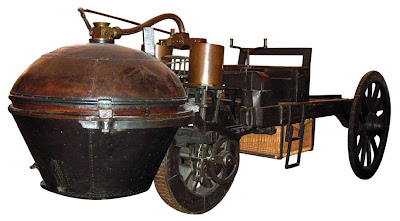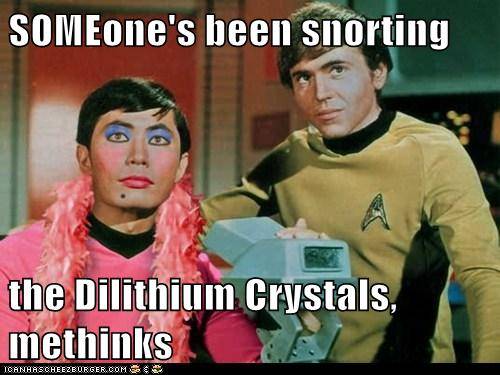Old Rocks
Diamond Member
16,000 Wh battery pack. OK. That is a 16 kWh pack.
Roadster Technology - Battery | Tesla Motors
The pack weighs 990 pounds, stores 56 kWh of electric energy, and delivers up to 215 kW of electric power. Tesla battery packs have the highest energy density in the industry. To achieve this energy density, Tesla starts with thousands of best-in-class Lithium-ion cells and assembles them into a liquid-cooled battery pack, wrapped in a strong metal enclosure. The battery is optimized for performance, safety, longevity, and cost.
So they charge a 56 kWh battery in eight hours or less, but you cannot charge a 16 kWh battery in a month? And a solar installation of 5 kw will deliver 20 to 30 kWh a day. Perhaps you should take basic math once again.
Roadster Technology - Battery | Tesla Motors
The pack weighs 990 pounds, stores 56 kWh of electric energy, and delivers up to 215 kW of electric power. Tesla battery packs have the highest energy density in the industry. To achieve this energy density, Tesla starts with thousands of best-in-class Lithium-ion cells and assembles them into a liquid-cooled battery pack, wrapped in a strong metal enclosure. The battery is optimized for performance, safety, longevity, and cost.
So they charge a 56 kWh battery in eight hours or less, but you cannot charge a 16 kWh battery in a month? And a solar installation of 5 kw will deliver 20 to 30 kWh a day. Perhaps you should take basic math once again.












